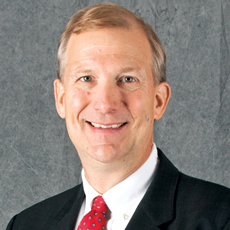
Experts seem to agree: Long-term care leadership is one thing that’s not suffering during this pandemic. On the contrary.
There are aches and pains and challenges that will continue, to be sure. But management experts and benefits consultants agree that this is a high time for leaders to shine.
However, there are not enough really good ones. Thankfully, the Vision 2025 initiative has not missed much of a beat since the coronavirus took over the healthcare scene in America.
Vision 2025, as you may recall, is a national campaign to bolster the education and development of long-term care and senior living leaders.
A huge notable achievement has been the stronger and welcomed integration of eight key organizations from across the seniors care and housing spectrum on this shared concern. Each is now also represented on the steering committee: The American College of Health Care Administrators, American Health Care Association and the National Center for Assisted Living, the American Seniors Housing Association, Argentum, LeadingAge, the National Investment Center for Seniors Housing and Care, and the National Association of Long Term Care Administrator Boards Foundation (NAB Foundation).
A big boost this past year also has been the commitment of two major players in the senior care field, LCS and Brookdale, to significant funding to help over the next two years.
Also, Taylor Darby, a licensed senior care administrator who has worked in operations and on special projects, came on board in the spring on a loan from LCS as managing director for Vision 2025.
In addition, Vision 2025’s Symposium 2.0 has been set. It will be an invitation-only affair over two days in June in downtown Chicago with Ziegler stepping up again to serve as an event sponsor.
Founding Director Doug Olson, Ph.D., said the momentum thus far has probably “doubled” the level of interest shown by universities. The main goal remains: the establishment of 25 strong programs at universities, geographically spread throughout the country, offering 1,000 paid internships across the field by the year 2025.
“It’s to meet a need we all know is going to be there five to 10 years from now,” Olson explained. “COVID-19 probably accelerated this for all parties, and an understanding that no university, provider or association can solve this all by themselves.”
From the December 2020 Issue of McKnight's Long-Term Care News



